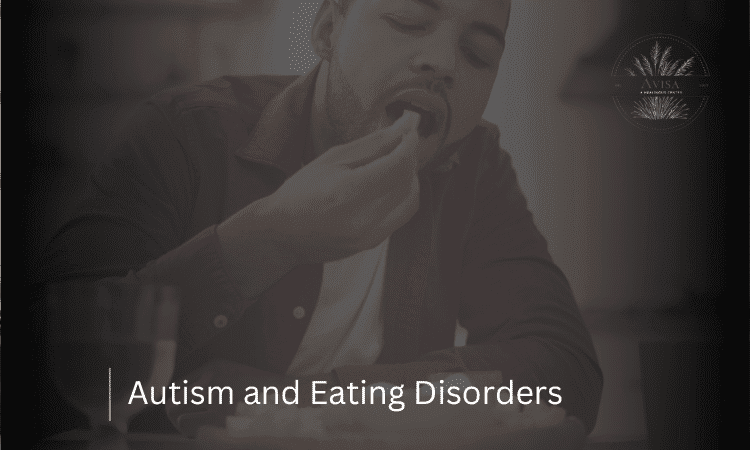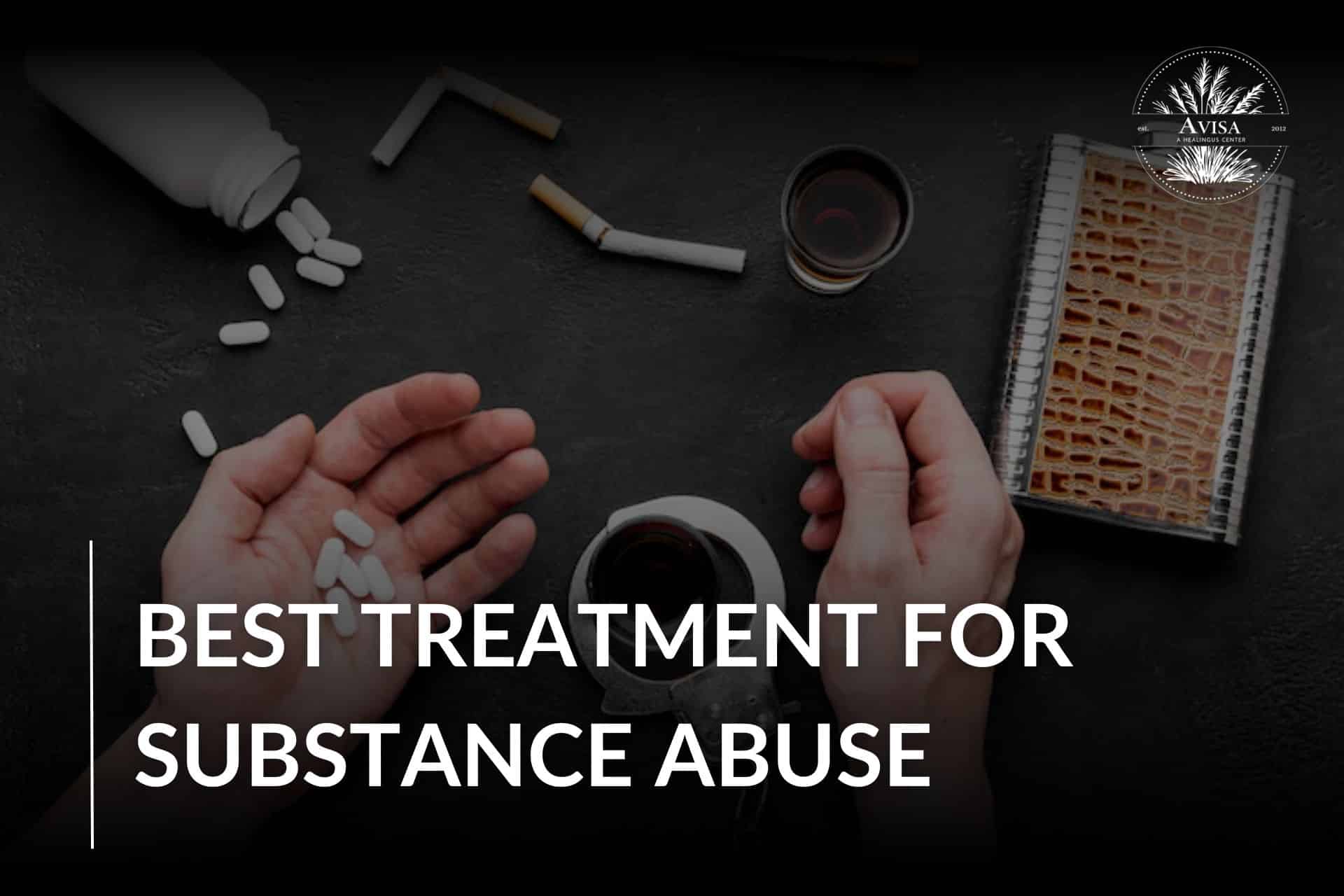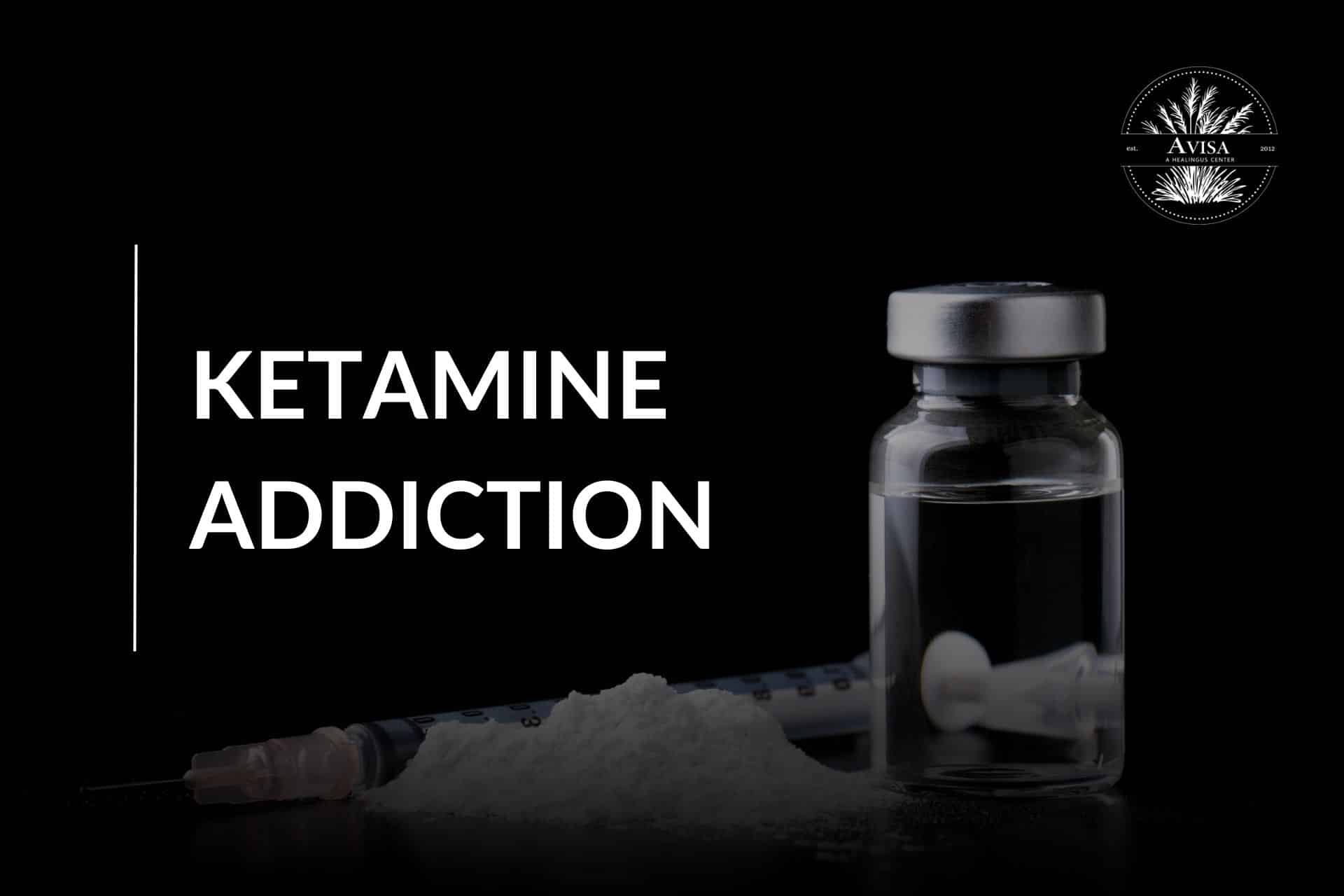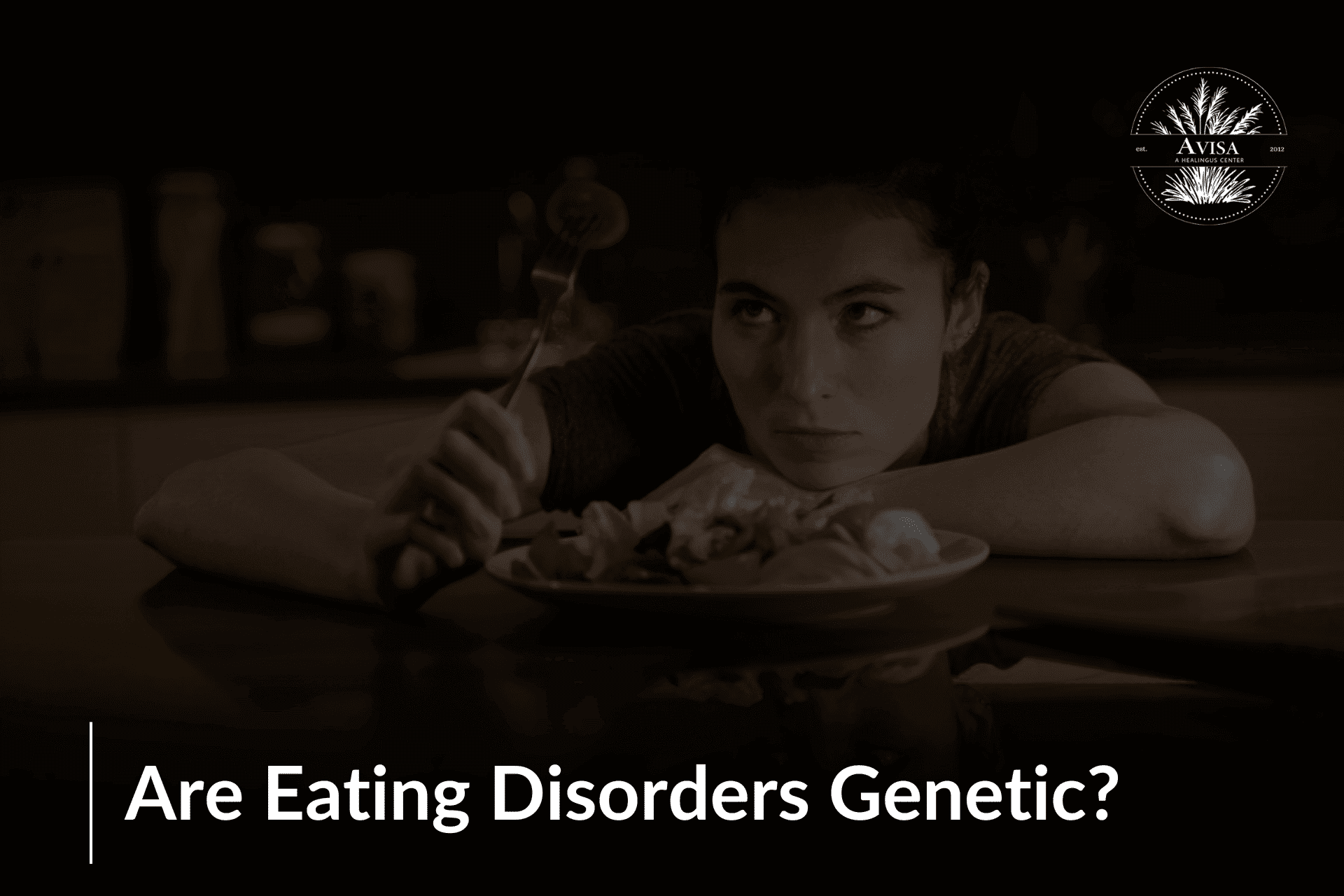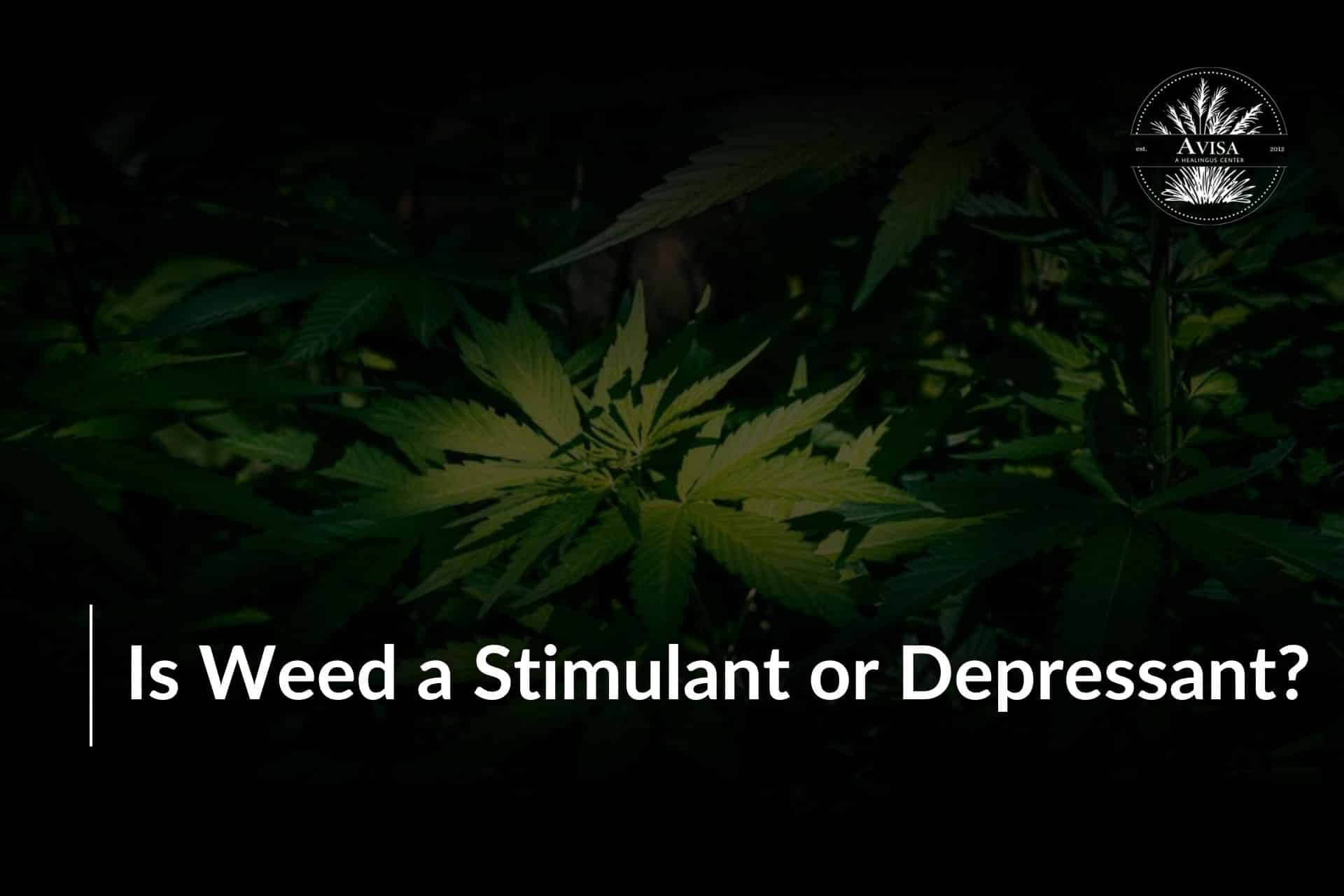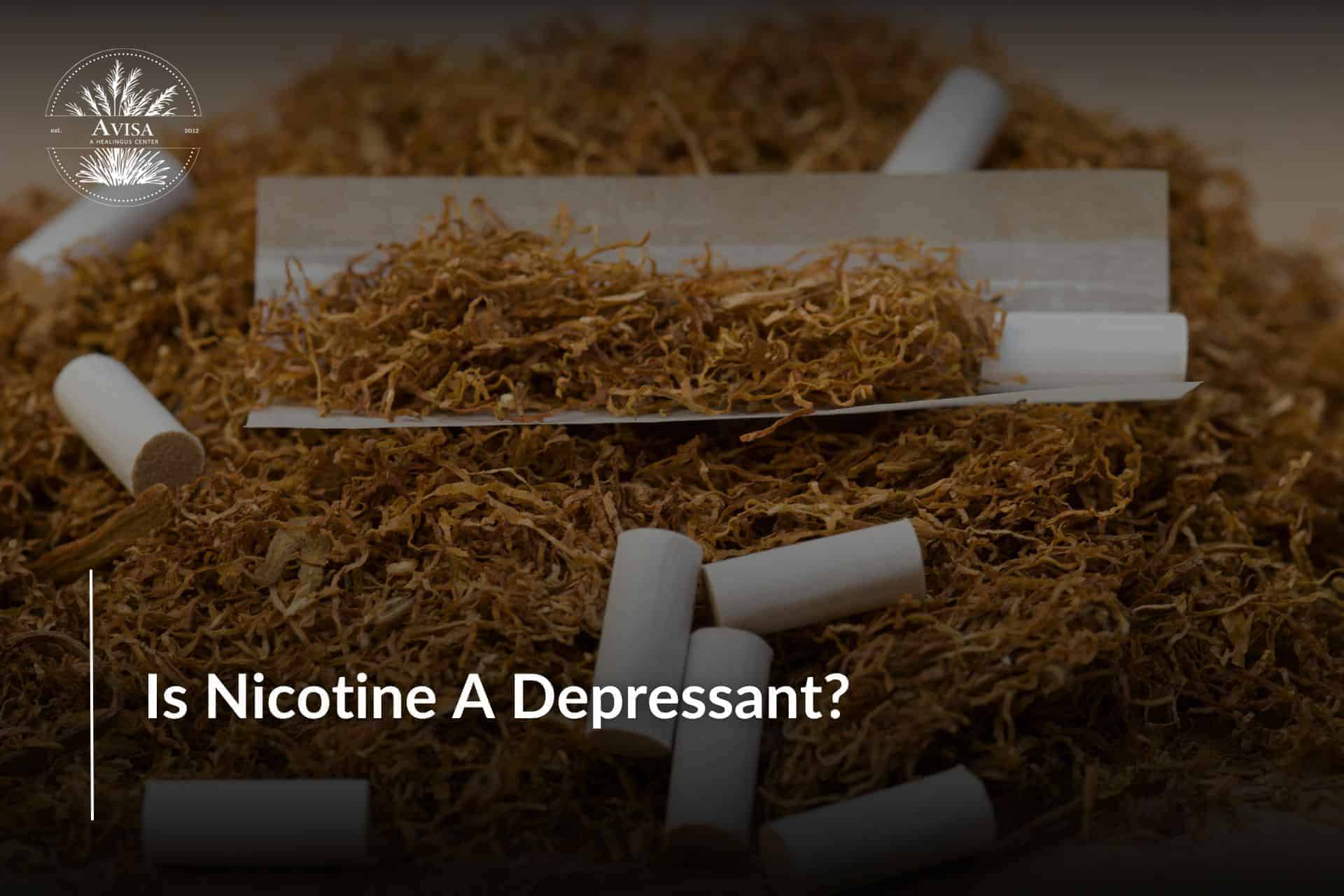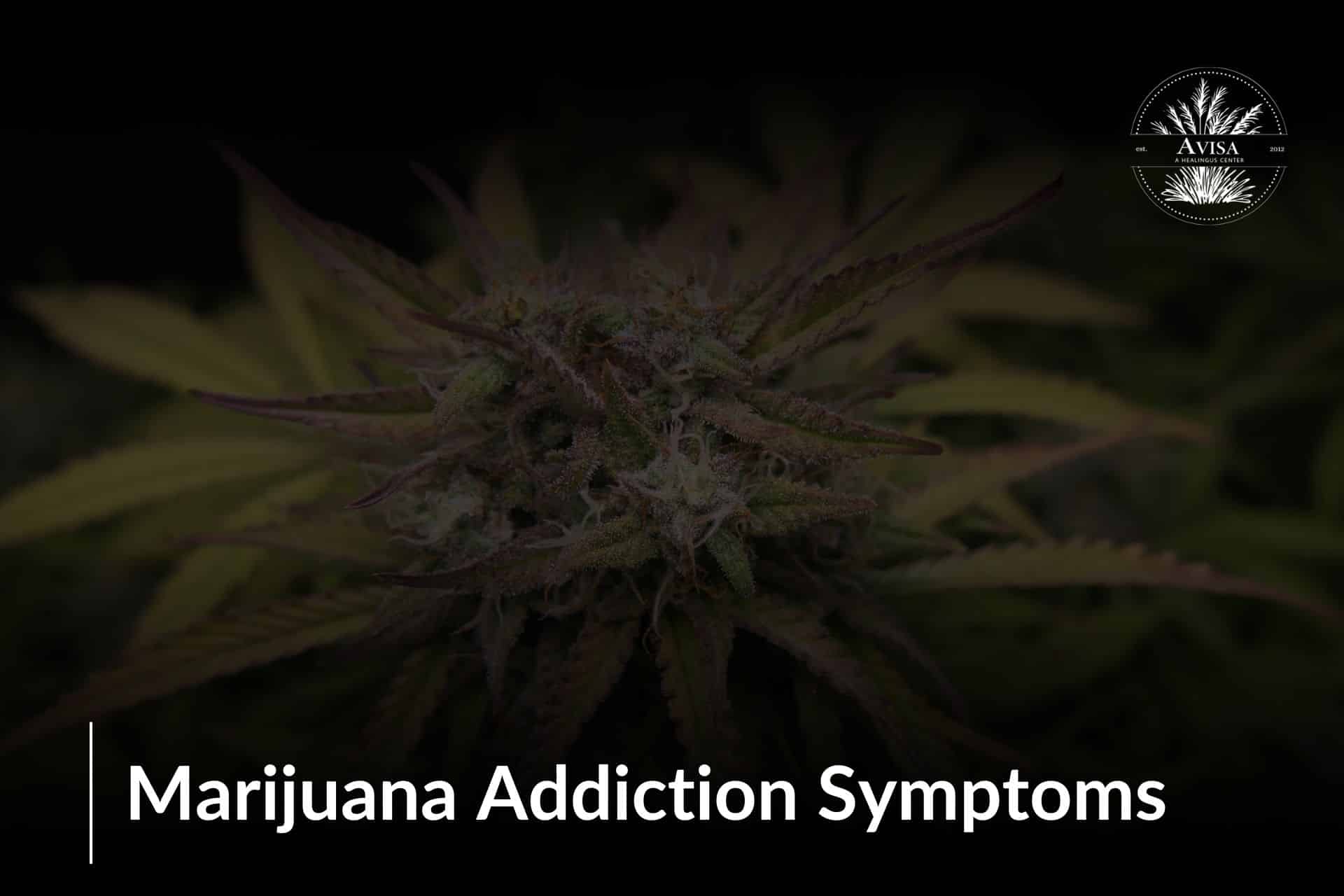Mixing alcohol and benzodiazepines is a dangerous cocktail that can have deadly consequences. Benzodiazepines, commonly known as benzos, are prescription medications used to treat anxiety, insomnia, and seizures. They are also central nervous system depressants, just like alcohol. When used together, the effects of both substances can intensify, leading to impaired judgment, slowed reflexes, and respiratory depression.
In this article, we will explore the dangers of combining alcohol and benzodiazepines We’ll discuss why it’s important to be aware of the risks and the potential consequences of this deadly combination. We will also provide insights on how to recognize the signs of overdose, what to do in an emergency, and how to seek help for substance abuse.
Whether you or someone you know is taking benzodiazepines or regularly consuming alcohol, it’s crucial to understand the potential dangers of mixing these substances. Stay informed and stay safe by learning about the risks and making informed decisions to protect your well-being.
Understanding the dangers of combining alcohol and benzodiazepines
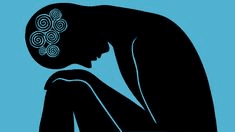
Mixing alcohol and benzodiazepines can have severe consequences on both physical and mental health. Despite their therapeutic benefits when used as prescribed, the simultaneous use of these substances can amplify their effects, leading to increased risks of harm and overdose.
1) Increased CNS Depression: Alcohol and benzodiazepines together slow brain activity, thereby heightening sedation.
2) Risk of Respiratory Depression: Combined use can dangerously slow breathing, leading to oxygen deprivation.
3) Impaired Function: Cognitive and motor skills are significantly impaired, increasing accident risk.
4) Enhanced Overdose Risk: Synergistic effects can overwhelm the body, leading to severe overdose symptoms.
5) Addiction Vulnerability: Regular use increases the risk of addiction and dependence on both substances.
The effects of alcohol and benzodiazepines on the body
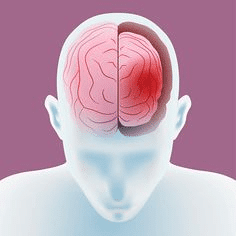
In the quest for relaxation or relief from anxiety, both alcohol and benzodiazepines are often sought after. However, what many might not realize is that these substances, while offering temporary comfort, can have a significant and complex impact on the body.
- Central Nervous System Depression
Both alcohol and benzodiazepines act as central nervous system depressants, slowing down brain activity and causing relaxation. - Impaired Coordination and Motor Skills
Combining alcohol and benzodiazepines can lead to significant impairment in coordination, balance, and motor skills, increasing the risk of accidents and falls. - Respiratory Depression
One of the most dangerous effects of combining alcohol and benzodiazepines is respiratory depression, where breathing becomes dangerously slow and shallow, potentially leading to oxygen deprivation and even death. - Increased Sedation and Drowsiness
The combination of alcohol and benzodiazepines can intensify sedative effects, leading to excessive drowsiness and lethargy. - Memory Impairment and Blackouts
Both substances can impair memory formation and lead to blackouts or gaps in memory, particularly when consumed together in large quantities. - Increased Risk of Overdose
Combining alcohol and benzodiazepines significantly increases the risk of overdose, as the effects of both substances potentiate each other, making it more difficult for the body to metabolize and eliminate them. - Long-term Health Consequences
Chronic use of alcohol and benzodiazepines can lead to a range of long-term health consequences, including liver damage, cardiovascular issues, cognitive impairment, and addiction. - Withdrawal Symptoms
Abrupt cessation of either alcohol or benzodiazepines can lead to withdrawal symptoms, which can range from mild to severe and even life-threatening, underscoring the importance of seeking medical supervision during detoxification.
Risks and side effects of combining alcohol and benzodiazepines

Combining alcohol and benzodiazepines poses numerous risks and side effects due to their synergistic interaction with the central nervous system.
- Increased CNS Depression: Both substances slow brain activity, leading to sedation and impaired cognitive function.
- Respiratory Depression: This dangerous effect can cause shallow breathing and even respiratory failure.
- Overdose Risk: The combination raises the likelihood of overdose symptoms like extreme drowsiness and breathing difficulties.
- Impaired Motor Function: Coordination and reaction times are compromised, increasing the risk of accidents.
- Memory Impairment: Memory lapses and blackout episodes may occur.
- Sedation and Drowsiness: Excessive sleepiness and lethargy are common.
- Psychomotor Impairment: Reflexes, alertness, and decision-making skills are diminished.
- Risk of Dependence and Addiction: Chronic use can lead to physical dependence and addiction, with escalated tolerance and dosage needs.
Avoid mixing alcohol and benzodiazepines and seek help for substance abuse if needed.
Signs and symptoms of alcohol and benzodiazepine overdose
It’s understandable, the challenges individuals face when battling addiction. Part of overcoming addiction is recognizing the dangers of substance abuse, including the potential for overdose. Below are the signs and symptoms.
- Profound drowsiness or a complete loss of consciousness, indicative of severe central nervous system depression.
- Slurred speech, cognitive impairment, and confusion can escalate rapidly, impairing decision-making abilities.
- Respiratory depression is characterized by slowed or shallow breathing, potentially leading to hypoxia (oxygen deficiency) and respiratory failure.
- Visual disturbances such as blurred vision and impaired motor coordination increase the risk of accidents and injuries.
- Hypotension (low blood pressure) and weak pulse, reflect the cardiovascular effects of overdose and potential circulatory collapse.
- Unconsciousness or coma, represents a critical stage of overdose where immediate medical intervention is imperative to prevent irreversible damage.
- Cyanosis, evidenced by a bluish discoloration of the skin or lips, indicates inadequate oxygenation of tissues.
- Seizures or convulsions, reflecting severe neurological dysfunction and necessitating urgent medical attention to prevent further complications.
Recognizing these signs promptly is crucial as an overdose constitutes a medical emergency requiring immediate intervention to prevent fatalities or long-term health consequences. If any of these symptoms are observed, seek urgent medical assistance immediately.
Treatment options for alcohol and benzodiazepine addiction
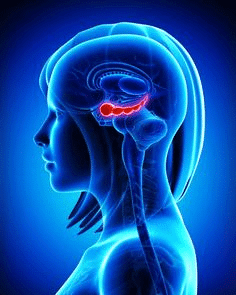
Treatment options for alcohol and benzodiazepine addiction encompass a spectrum of interventions tailored to individual needs and circumstances:
- Medical Detoxification: Supervised withdrawal management in a medical setting to safely manage withdrawal symptoms and stabilize the individual physically.
- Inpatient Rehabilitation: Residential treatment programs providing round-the-clock care, therapy, and support in a structured environment, suitable for severe addiction or complex cases.
- Outpatient Rehabilitation: Flexible programs allow individuals to receive treatment while living at home, attending therapy sessions, support groups, and medication management appointments.
- Medication-Assisted Treatment (MAT): Pharmacological interventions using medications such as naltrexone, acamprosate, or disulfiram to reduce cravings, prevent relapse, and support long-term recovery.
- Behavioral Therapy: Individual and group therapy sessions to address underlying psychological issues, develop coping strategies, and modify unhealthy behaviors associated with substance use.
- Support Groups: Participation in mutual support groups like Alcoholics Anonymous (AA) or SMART Recovery to foster peer support, accountability, and ongoing sobriety maintenance.
- Dual Diagnosis Treatment: Integrated treatment for co-occurring mental health disorders alongside substance use disorders, addressing both conditions simultaneously for comprehensive recovery.
- Aftercare Planning: Developing a personalized aftercare plan to support individuals post-treatment, including ongoing therapy, support group involvement, vocational assistance, and relapse prevention strategies.
How to stay safe and avoid the deadly combination?
Staying safe and avoiding the deadly combination of alcohol and benzodiazepines requires awareness, caution, and proactive measures. Here’s how to minimize the risk-
- Know the Risks
Understand the dangers of mixing alcohol and benzodiazepines, including overdose. - Follow Prescriptions
Take benzodiazepines only as directed by your doctor and avoid alcohol while on medication. - Communicate with Healthcare Providers
Inform your doctor about your alcohol consumption and medications. - Avoid Mixing
Refrain from drinking alcohol when taking benzodiazepines to prevent amplifying effects. - Seek Alternatives
Explore non-medication options for managing anxiety or insomnia. - Secure Medications
Keep medications out of reach to prevent misuse. - Recognize Overdose Signs
Be aware of symptoms like slowed breathing or confusion. - Have a Plan
Know how to seek help if needed, from professionals or emergency services. - Seek Support
Surround yourself with understanding friends and family. - Stay Vigilant
Regularly monitor yourself or loved ones for any changes in behavior or mood.
Resources and support for individuals struggling with alcohol and benzodiazepine abuse
For individuals grappling with alcohol and benzodiazepine abuse, various resources and support systems are available to provide assistance and guidance. Seeking help from healthcare professionals, such as addiction specialists or counselors, can offer personalized treatment plans tailored to individual needs. Additionally, support groups like Alcoholics Anonymous (AA) or SMART Recovery provide a sense of community and understanding among peers facing similar challenges. Online forums and helplines also offer accessible avenues for seeking advice and connecting with others on the path to recovery. Family and friends can serve as crucial sources of support, offering encouragement and accountability throughout the journey toward sobriety. By utilizing these resources and building a strong support network, individuals can navigate the complexities of addiction and take meaningful steps toward lasting recovery.
The importance of education and awareness about the dangers of combining alcohol and benzodiazepines
Education and awareness about the dangers of mixing alcohol and benzodiazepines are crucial in preventing substance abuse and overdose. By understanding the risks associated with combining these substances, individuals can make informed decisions about their health and avoid potentially life-threatening situations. Increased awareness also helps healthcare professionals, families, and communities identify early warning signs and intervene effectively to support those struggling with substance abuse issues.
FAQs
1. What type of synergistic interaction will occur between alcohol and benzodiazepines?
Combining alcohol with benzodiazepines amplifies their depressive impact on the central nervous system. Particularly concerning is the heightened risk of memory impairment associated with this combination.
2. What does benzodiazepine do to the brain function?
Benzodiazepines, a category of drugs, work by reducing brain and nervous system activity. Primarily prescribed for managing anxiety, related mental health issues, and conditions such as seizures, they are strictly regulated and can only be obtained through a prescription.
3. What are the neurological effects of alcohol on the brain?
Alcohol impedes the functioning of brain regions responsible for balance, memory, speech, and judgment, increasing the risk of injuries and adverse consequences. Prolonged heavy alcohol consumption leads to changes in neurons, including reductions in their size.
Conclusion
Remember, you’re not alone, and help is available to guide you towards a path of healing and recovery, the combination of alcohol and benzodiazepines presents grave risks to health. It’s vital to educate oneself, communicate with healthcare providers, and seek help if struggling with substance abuse. By prioritizing safety, making informed choices, and accessing support, we can steer clear of this dangerous mix. If you or someone you know is grappling with alcohol or benzodiazepine abuse, seek help promptly. You’re not alone, and recovery is possible with support and determination. Take action today for a healthier tomorrow.



